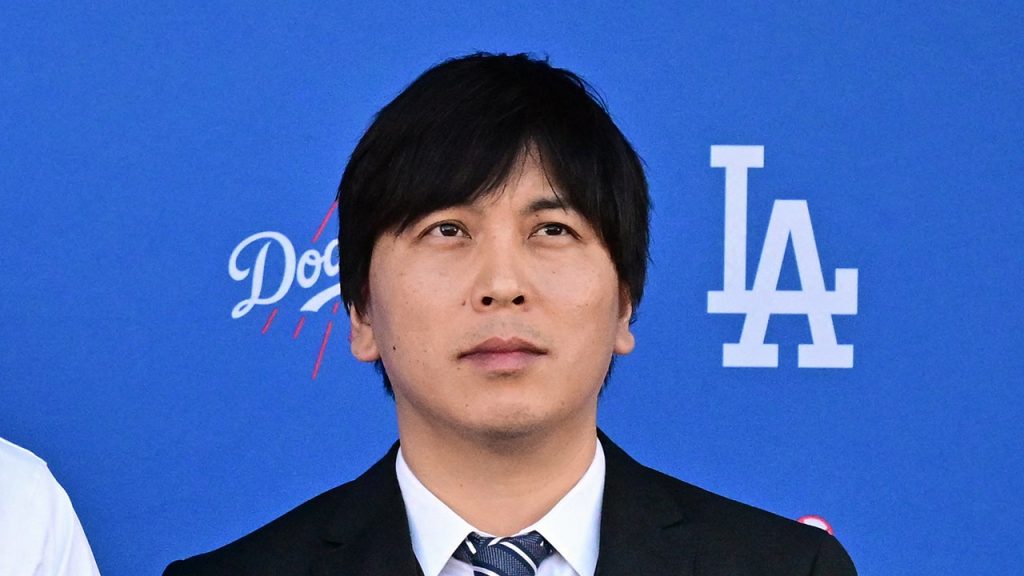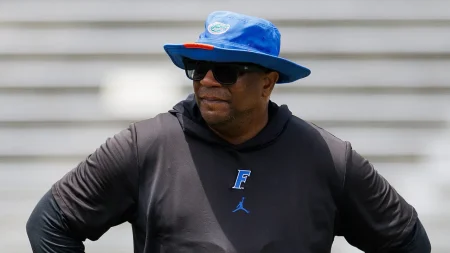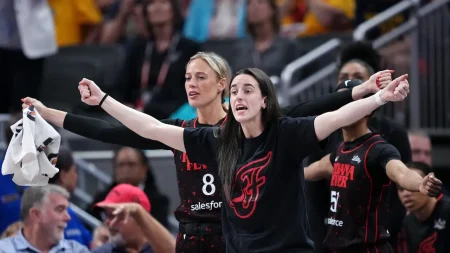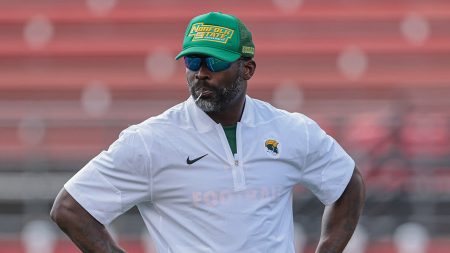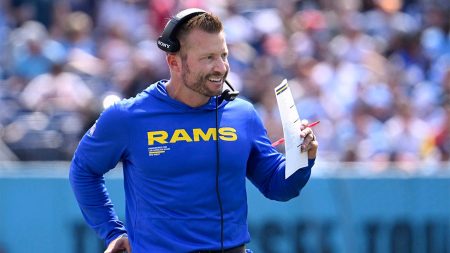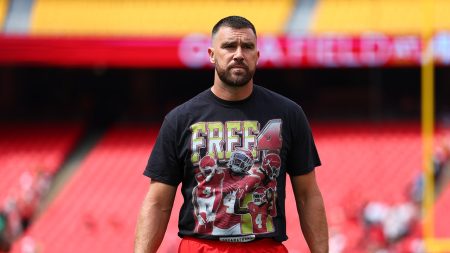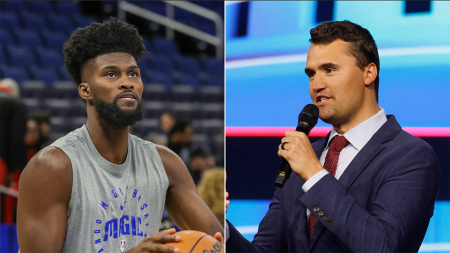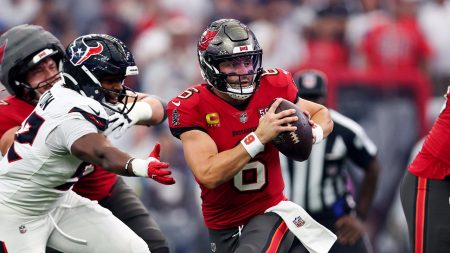Ippei Mizuhara, the former interpreter for Los Angeles Dodgers star Shohei Ohtani, surrendered to law enforcement on Friday after being accused of embezzling over $16 million from the Japanese baseball player for gambling wagers and debts. Mizuhara allegedly took advantage of his position as Ohtani’s manager to access a bank account that only he could control. U.S. Attorney Martin Estrada stated that Mizuhara’s role in Ohtani’s life was so significant that he became the star’s “de facto manager,” allowing him to withdraw money from the account to finance his gambling habits. Despite Mizuhara’s actions, there is no evidence that Ohtani was aware of the scheme, and he has cooperated with investigators, being considered a victim in the case.
Ohtani publicly addressed the gambling scandal in late March, denying any involvement in sports betting and expressing shock and sadness over Mizuhara’s actions. He emphasized that he had never placed a sports bet or asked anyone to do so on his behalf, and that he had never used a bookmaker for sports betting. Ohtani, who is the highest-paid player in Major League Baseball, stated that he was still trying to process his emotions after learning about the scandal. The criminal complaint against Mizuhara detailed the scheme through text messages, financial records, and recordings of phone calls, revealing Mizuhara’s awareness that the situation was coming to light.
The charges against Mizuhara include a single count of bank fraud, which carries a potential sentence of up to 30 years in federal prison if convicted. His attorney, Michael G. Freedman, declined to comment on the case. Mizuhara’s first court appearance is scheduled for Friday at the Edward R. Roybal Federal Building and United States Courthouse in Los Angeles. The scandal involving Mizuhara and Ohtani has raised questions about the interpreter’s motivations and the impact of his actions on both Ohtani’s career and reputation. The investigation into the embezzlement and fraud allegations has drawn attention to the complexities of financial mismanagement in professional sports and the need for proper oversight and safeguards to prevent such incidents in the future.
The case involving Mizuhara and Ohtani follows a series of high-profile scandals in the world of sports, highlighting the risks associated with financial exploitation and misconduct. The allegations of bank fraud and embezzlement against Mizuhara shed light on the challenges faced by professional athletes in managing their finances and trusting those in positions of authority. Ohtani’s response to the scandal underscores the emotional toll of being deceived by someone he trusted, and the need for athletes to be vigilant in protecting their interests and assets. The legal proceedings against Mizuhara will continue to unfold as the investigation into the fraud allegations progresses, raising important questions about accountability and responsibility in professional sports.
Ultimately, the Mizuhara-Ohtani scandal serves as a cautionary tale about the importance of transparency and accountability in personal and professional relationships, particularly within the high-stakes world of professional sports. As the legal process unfolds, the implications of the allegations against Mizuhara will be closely scrutinized by fans, the media, and the sports industry as a whole. Ohtani’s status as a victim in the case underscores the need for increased vigilance and oversight to prevent financial misconduct and fraud from undermining the careers and reputations of professional athletes. The fallout from this scandal will likely have far-reaching implications for the individuals involved and the broader sports community, prompting a reevaluation of the safeguards in place to protect athletes from financial exploitation and misconduct.




